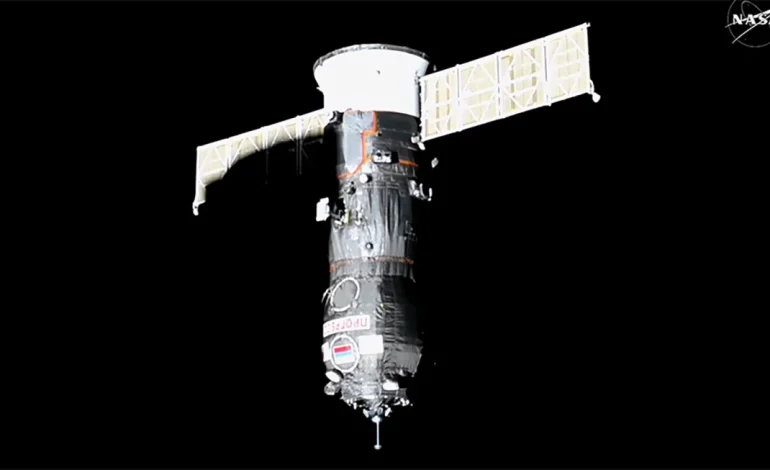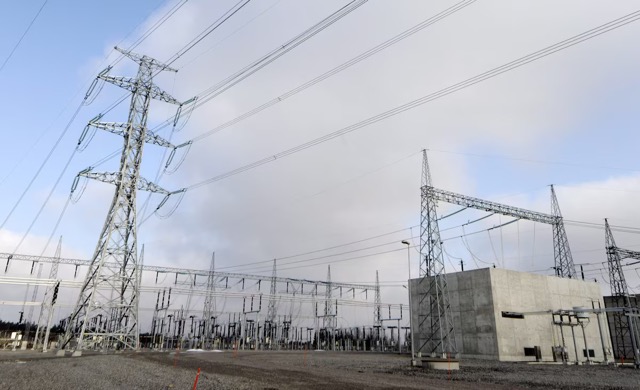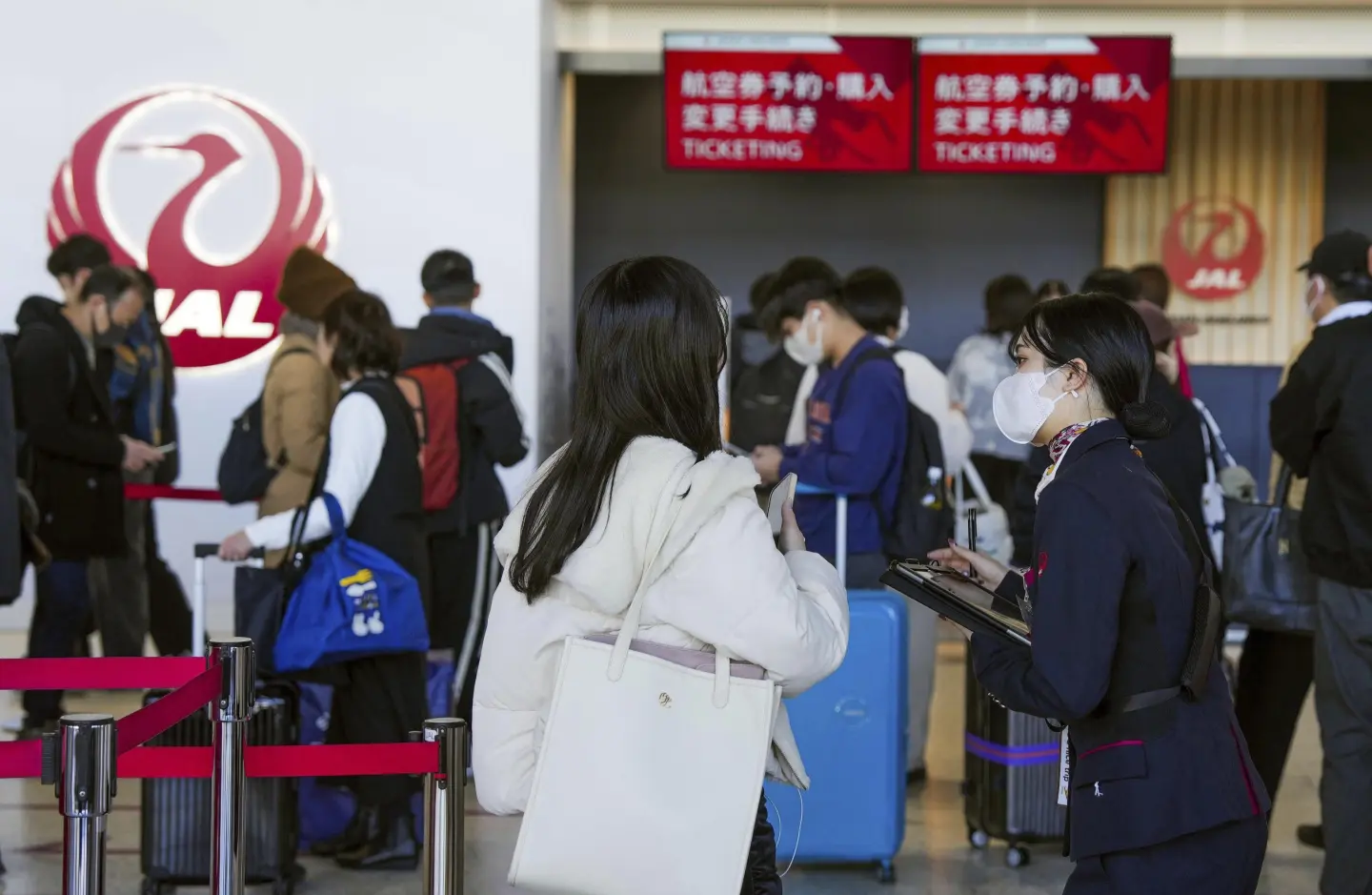Unusual Odor on ISS Prompts Brief Lockdown, But Air Quality Remains Normal

A brief lockdown of a section of the International Space Station (ISS) occurred this weekend after Russian cosmonauts detected an “unusual odor” emanating from the Progress 90 cargo spacecraft, CNN reports, citing NASA.
The incident, while seemingly resolved, highlights ongoing challenges related to the aging Russian segment of the orbiting laboratory.
NASA confirmed that the odor, accompanied by observed droplets, was likely caused by “outgassing from materials inside the Progress spacecraft,” a phenomenon that can occur when materials are exposed to the extreme temperature and radiation fluctuations of space. The agency clarified that the outgassing did not involve propellants, despite the Progress spacecraft using highly toxic fuels (unsymmetric-dimethylhydrazine and nitrogen tetroxide).
Following the discovery, the cosmonauts sealed off the Poisk module, connecting it to the rest of the ISS, and ground control activated air scrubbing equipment as a precaution. Subsequent tests confirmed that air quality within the ISS remained at normal levels.
The Progress 90 capsule, which arrived at the ISS on November 21 carrying nearly three tons of supplies, is the latest in a series of resupply missions to both the Russian and US segments of the station.
This incident adds to concerns surrounding the Zvezda module, a Russian-controlled segment experiencing a slow air leak that has resulted in limited access. Cosmonauts only enter Zvezda to unload cargo from visiting spacecraft.
The ISS, a collaborative project involving NASA and partner agencies (Roscosmos, the Canadian Space Agency, European Space Agency, and Japan Aerospace Exploration Agency), has continuously hosted international crews since 2000. While NASA aims to extend ISS operations until at least 2030, Russia’s commitment beyond 2028 remains uncertain, pending a decision expected no earlier than 2025, according to a recent NASA Inspector General report.








